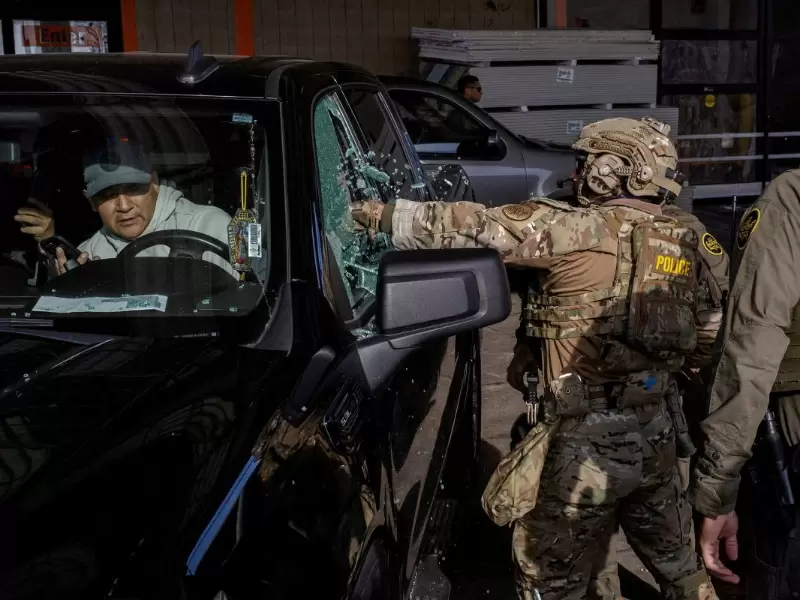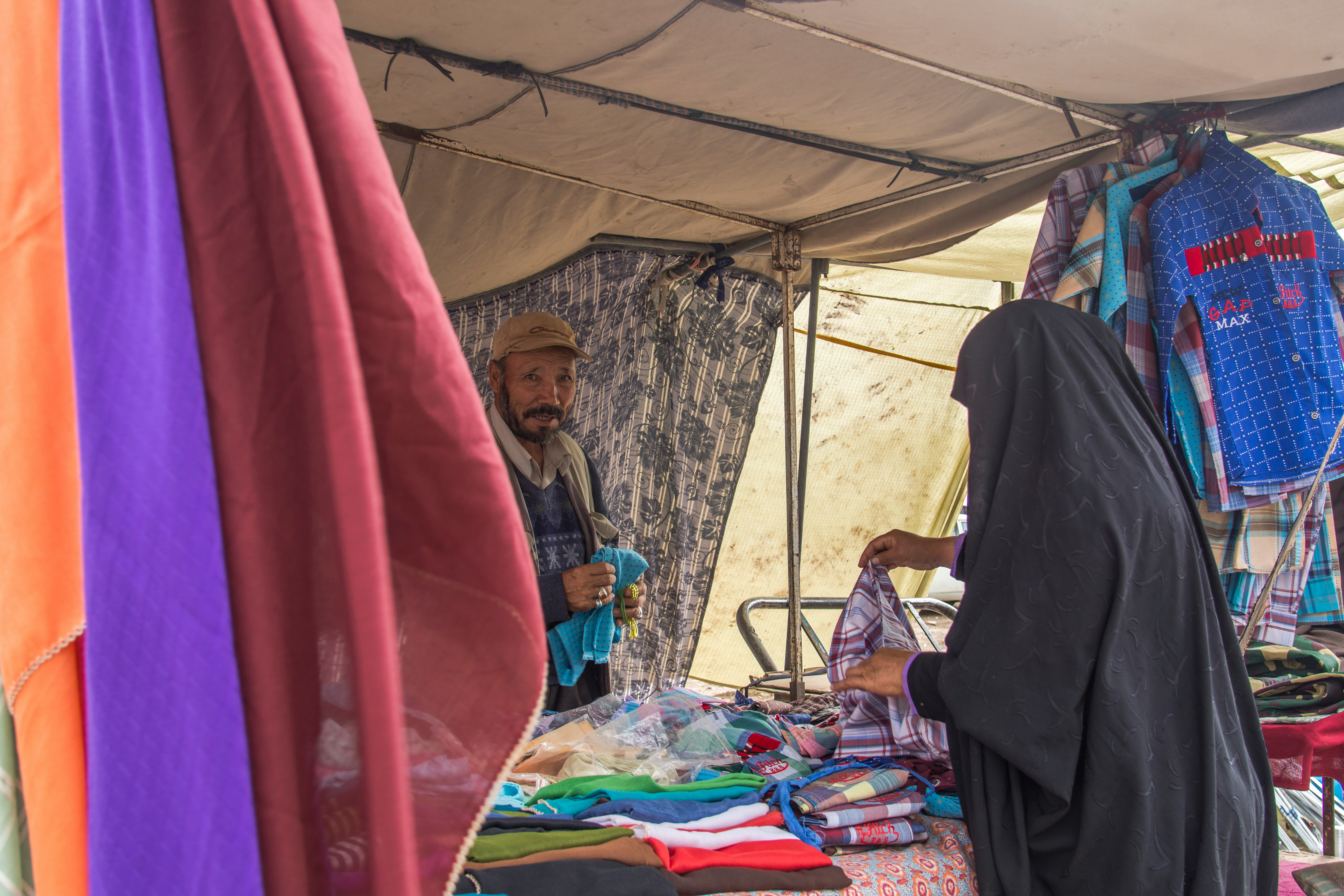Baltimore bridge collapse: Indian crew to stay aboard till end of probe
Authorities have assigned the temporary route primarily for ships involved in the debris removal efforts
.jpeg) Baltimore bridge collapse: Indian crew to stay aboard Dali till end of probe / X- @GovWesMoore
Baltimore bridge collapse: Indian crew to stay aboard Dali till end of probe / X- @GovWesMoore
The US Coast Guard has implemented a temporary alternative route for ships involved in the debris removal process following the collapse of the Francis Scott Key Bridge in Baltimore. This measure is a key component of a phased approach aimed at restoring access to the primary maritime route serving the vital port.
Several barges and tugboats stranded in the Port of Baltimore following the incident are expected to transit through this channel.
While crews work on the intricate task of clearing the debris, the primary objective remains the phased reopening of the main shipping channel, crucial for the port's functionality.
The temporary channel, currently in use, primarily facilitates vessels engaged in debris removal. It also accommodates some barges and tugs stranded in the Port of Baltimore since the tragic incident.
Maryland Governor Wes Moore stressed the importance of both recovering the remaining victims of the collapse and swiftly reopening shipping channels. He underscored the challenging nature of the recovery process, characterizing the wreckage as "chaotic."
Moore revealed in a press conference that the Biden-Harris administration also approved the Small Business Administration’s (SBA) Disaster Relief Declaration. “We have a long road ahead but I’m grateful for the extraordinary work of this team and the people out there,” he emphasized.
Join us for live updates on our ongoing response to the Key Bridge collapse: https://t.co/1UPUgrCTKL
— Governor Wes Moore (@GovWesMoore) April 2, 2024
The temporary channel has been designed with a depth of 11 feet, ensuring sufficient horizontal and vertical clearances to accommodate marine traffic involved in the cleanup operation, the Mayor said.
Progress has been made in lifting substantial portions of the bridge debris. A significant milestone was achieved with the removal of a 200-ton span by a large crane, representing a crucial advancement in the extensive recovery operation.
Joshua Messick, in his role as the executive director of the Baltimore International Seafarers' Center, is one of the few individuals who have maintained communication with the crew.
In conversations with the BBC, Messick disclosed that he has been in WhatsApp communication with the crew members after arranging for the delivery of a care package, which notably included WiFi hotspots.
He described the crew members as "rattled" and notably hesitant to discuss their current circumstances as investigations into the incident continue. "They're not saying much at all to anyone who has been in touch with them," Messick told BBC.
"They didn't have WiFi until Saturday and they didn't really know what the perception of the rest of the world was. They weren't sure if they were being blamed, or demonised. They just didn't know what to expect,” he said.
"They are also in a very sensitive situation. What they can say can reflect on the company. I would imagine that they've been advised to keep a low-profile for the time being,” Messick added.
ADVERTISEMENT
ADVERTISEMENT
E Paper
Video




 Mehak Luthra
Mehak Luthra









.png)


Comments
Start the conversation
Become a member of New India Abroad to start commenting.
Sign Up Now
Already have an account? Login